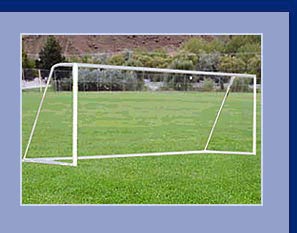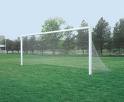Boston Accident Lawyer, the attorney, is investigating potential claims on behalf of individuals who were victims of the Bernard Madoff Ponzi scheme. Those who had direct investments in Bernard L. Madoff Securities, LLC are limited to the remedies offered in the bankruptcy proceeding now pending in New York. Claims for reimbursement of monies actually invested in the fund up to $500,000 can be recovered through the Securities Investment Protection Corporation (“SIPC”). However, there is an absolute filing deadline of July 2, 2009.
 For those who did not invest directly with Madoff, there may be other potential remedies and sources of recovery available. Civil actions have been commenced against so called “feeder funds”, who filtered investment to Madoff in exchange for lucrative management fees. Such suits are now pending in state court in Connecticut, Florida, California and Arizona. The list of Defendants includes Tremont Capital Management, Inc., Fairfield Greenwich Group and Boston based Cohmad. Securities Corporation. The principals of these feeder funds have been sued as well and efforts are being made to tie up assets in the event of an eventual recovery.
For those who did not invest directly with Madoff, there may be other potential remedies and sources of recovery available. Civil actions have been commenced against so called “feeder funds”, who filtered investment to Madoff in exchange for lucrative management fees. Such suits are now pending in state court in Connecticut, Florida, California and Arizona. The list of Defendants includes Tremont Capital Management, Inc., Fairfield Greenwich Group and Boston based Cohmad. Securities Corporation. The principals of these feeder funds have been sued as well and efforts are being made to tie up assets in the event of an eventual recovery.
 In essence, the suits allege that these hedge funds failed to perform any meaningful investigation, due diligence or oversight of the Madoff fund, which reported consistent double digit gains year after year, notwithstanding questions about the trading strategies allegedly employed or the fact that Madoff enforced a veil of secrecy over his actual trading activity. In fact, it appears that there was no such strategy whatsoever.
In essence, the suits allege that these hedge funds failed to perform any meaningful investigation, due diligence or oversight of the Madoff fund, which reported consistent double digit gains year after year, notwithstanding questions about the trading strategies allegedly employed or the fact that Madoff enforced a veil of secrecy over his actual trading activity. In fact, it appears that there was no such strategy whatsoever.
The accounting firms who perform regular audits of these feeder funds have not been spared, having also been named as defendants in these civil actions. It appears that this is just the beginning and the dragnet will widen in an attempt to uncover insurance monies, which might be available to aid in the recovery of the millions in lost investments.
Several states have also joined in, filing administrative or other proceedings on behalf of defrauded citizens. In particular, the Massahusetts Secretary of State has filed administrative proceedings against Cohmad Securities and Fairfield Greenwich Group, its principals and affiliates. The attorney general of New York has also filed an action against J. Ezra Merkin and his Ascot Funds, alleging that he also clandestinely invested client funds with Madoff, while purporting to be trading on their behalf himself.
 Boston Accident and Injury Lawyer
Boston Accident and Injury Lawyer









